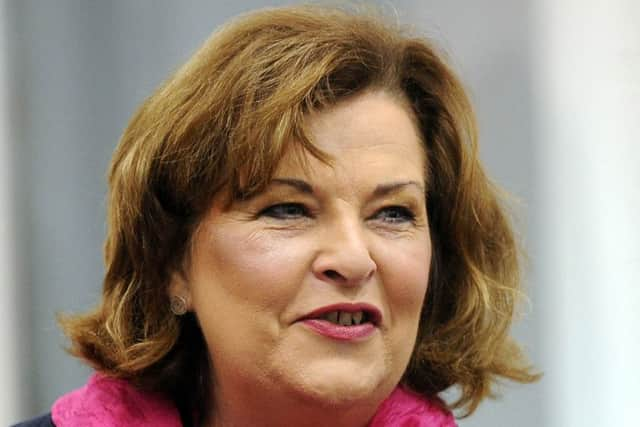Fiona Hyslop: Brexit threatens Scotland's cultural festivals
This article contains affiliate links. We may earn a small commission on items purchased through this article, but that does not affect our editorial judgement.


She also said cultural collaboration between European countries was “central” to Scotland’s “open international cultural outlook”, with membership of the European Union a crucial part of this.
Just over 6 per cent of those working in the creative industries come from other EU nations, and the cultural sector has benefited from at least £59 million in funding from Europe over the period 2007 to 2016.
Advertisement
Hide AdAdvertisement
Hide AdMs Hyslop is due to raise the issue when she gives a speech at the Lorient Interceltic Festival 2017 in France.


Speaking ahead of that she said: “European cultural collaboration is central to Scotland’s open international cultural outlook and EU membership is a very important modern dimension to this.”
Ms Hyslop continued: “6.1 per cent of the creative industries’ workforce is made up of non-UK EU nationals.
“Artists from around the EU work in Scotland, join our performing companies and can travel freely to experience our unique culture and world leading festivals.


“Unfortunately, it is perfectly conceivable that the UK Government is threatening this through a hard Brexit that destroys freedom of movement.
“Scotland’s cultural and creative companies should be able to recruit the talent and skills they need from as wide a pool as possible.”
Lisa Whytock, director of active events and programme manager for delivering Scotland at Lorient said: “Brexit threatens freedom of movement, and that to us threatens the movement of artists and Scotland’s ability to continue being the home of world class professional musicians. It is a very real concern.”
Advertisement
Hide AdAdvertisement
Hide AdLisardo Lombardia, the director of Festival Interceltique de Lorient: “When the festival was born in 1971, Europe was only a project in construction.
“This festival has made a choice: to build bridges and not walls.
The festival has always welcomed Scotland and it has been one of the festival’s most faithful supporters.
“The free circulation of culture and ideas, particularly for artists and works of art, has helped Scotland develop its strong reputation in arts, music and creativity and become a major country for European culture.
“We want that to continue in the future.
“Despite the anxiety caused by Brexit, we will continue to support the free circulation of cultures and ideas, in particular for artists and works of art.
“This is what has helped Scotland develop such a strong reputation in arts, music and creativity.
“It has helped Scotland to become a major country for European culture.”